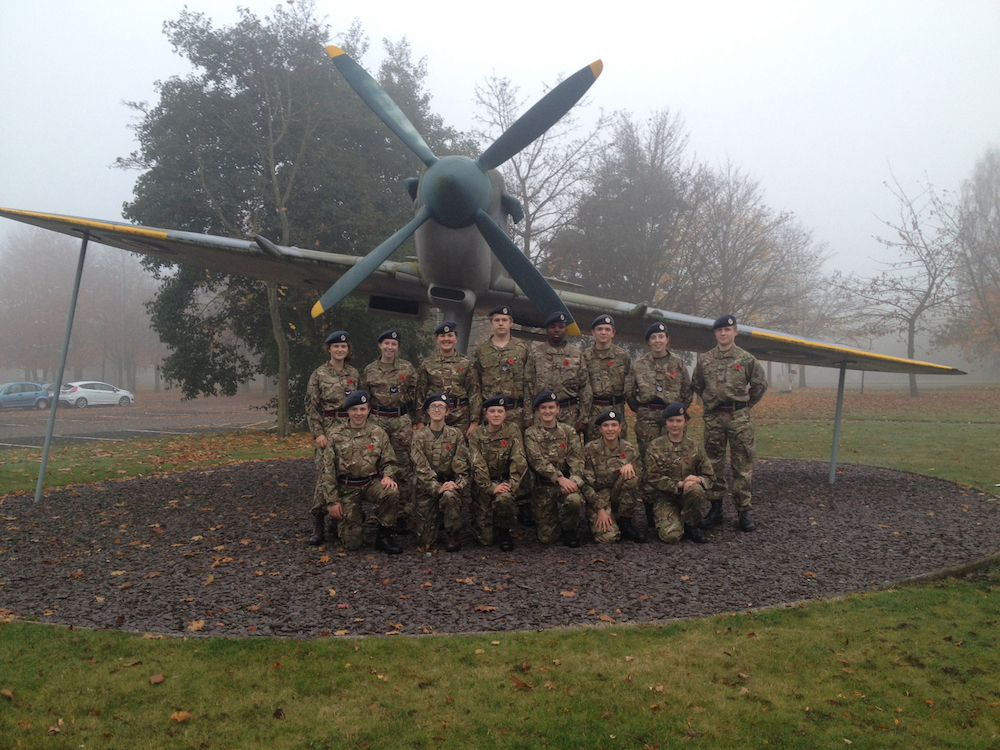It is our duty to help develop ‘soft’ skills
Posted on 7th Feb 2017 in Which School?, School News
Guy Ayling, Warden of Llandovery College, says a school’s volunteering programme is ‘a window into its soul’...
It seems that in our schools no day goes by without somebody mentioning ‘soft’ skills. Developing those skills – of problem-solving, working dependably, functioning well within a team, communicating clearly, networking, coaching and supporting others – provides a welcome restraint to academic hothousing and a more balanced perspective on one-dimensional league tables.
As with most things in education, ‘soft’ skills are not new: we are merely talking about something that has always existed, but more clearly now that we have a label. In conceiving and building the Trojan Horse the Greeks were problem-solving and certainly working well as a team, but no mention of ‘soft’ skills is made in any of the accounts. If anything is new, it may simply be the recognition of a connection between these skills and success in the workplace.
The delivery of ‘soft’ skill development naturally varies between schools in an independent sector that prides itself on diversity. Many of our schools however embrace three vehicles that reflect a shared commitment to nurturing broad and deeply rooted skill sets: the Combined Cadet Force (CCF), the Duke of Edinburgh’s Award scheme and various volunteer programmes.
The CCF exists in over 300 schools and in partnership with the Ministry of Defence offers 43,000 cadets a broad range of challenging and adventurous activities from overnight military-style manoeuvres, to rock climbing, caving and flying. Indeed, the CCF provides opportunity in highly specialist disciplines, most notably expert training in shooting which has seen over a dozen Llandovery College cadets gain international recognition in the sport. The CCF’s aim is to enable the development of personal responsibility, leadership and self-discipline, qualities honed in a variety of contexts including for Llandovery College cadets the Cambrian Patrol inter-schools competition at which a first Gold for the College was secured this year. Contrary to popular myth the CCF is not, and has never really been a recruiting ground for HM’s Forces, set up as it was by the remarkable non-militarist pioneer Octavia Hill to keep poverty-stricken youth out of trouble; nor is it any longer an arduous rite of passage for boys at dark and archaic boarding schools, as proven by the twofold increase of female cadets in the last decade. Indeed, one of the latest Lord Lieutenant’s Cadets for Dyfed was an outstanding Llandovery College female pupil.
The Duke of Edinburgh’s Award scheme in many schools sits comfortably alongside the CCF. Earning an Award is a challenge, requiring sustained focus and determination across a range of skills and commitments. The Award seeks to develop leadership, perseverance, teamwork and communication. Seeing often timid pupils grow into the Award and blossom in confidence proves the worth of such activity and with every pupil at Llandovery College exposed to the Award this positive impact can be felt across the entire school.
Not surprisingly some pupils, supported by parents, seek to avoid such commitment and see little value in leaving comfort zones. Particularly trenchant opposition can come from those who believe school is for passing examinations without which there can be no university and no decent job and that ultimately once in the workplace nobody gives a fig about all this adventure and derring-do. The simple fun that pupils have though often deals with that first group, and from experience, involvement in such activity can be a determining factor when sifting job applications from equally well-qualified recent graduates. Perhaps however, when responding to the cynic we miss the whole point by attempting to measure the benefit: how can we really quantify such enriching experience?
Few can oppose the many volunteering opportunities that our schools offer. A culture of service based on empathy and compassion can provide the cement that holds communities together. For instance, interacting with and supporting young people with learning difficulties and disabilities teaches that the privilege of education lies not in entitlement but in the responsibility to serve the communities within which we learn. A school’s volunteering programme also provides a window into its soul and the inclusive, tolerant and respectful ethos of many modern independent schools is often best reflected in those programmes. Again, whole school engagement should be the norm, with for example every single Llandovery College pupil undertaking volunteer work on a Community Action Day in celebration of the Duke of Edinburgh’s Award Diamond Anniversary.
If our task in education is to equip our youth with the skills to tackle the challenges of the modern world then we must resist the temptation to limit educational experience to preparation for examinations. That does not demean the crucial importance of academic rigour but merely seeks to place it at the centre of a wider context of holistic nurturing that values the development of skills determined ‘soft’. That is certainly what we at Llandovery College consider to be our duty, as it should be at all places of learning.
For more information about Llandovery College, see their profile on School Search, the online guide to UK independent schools.